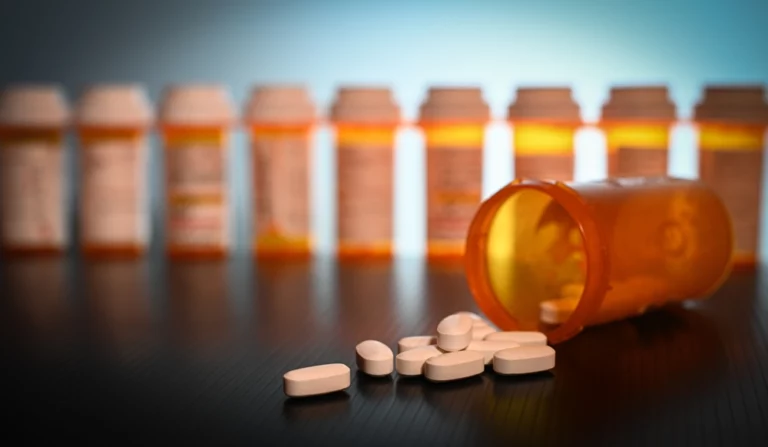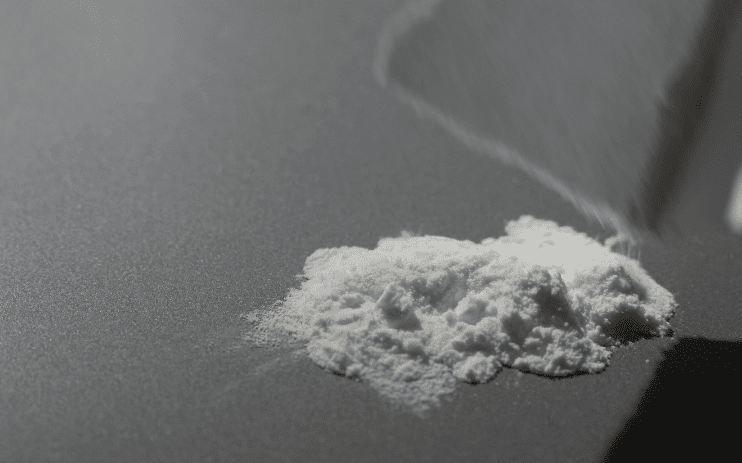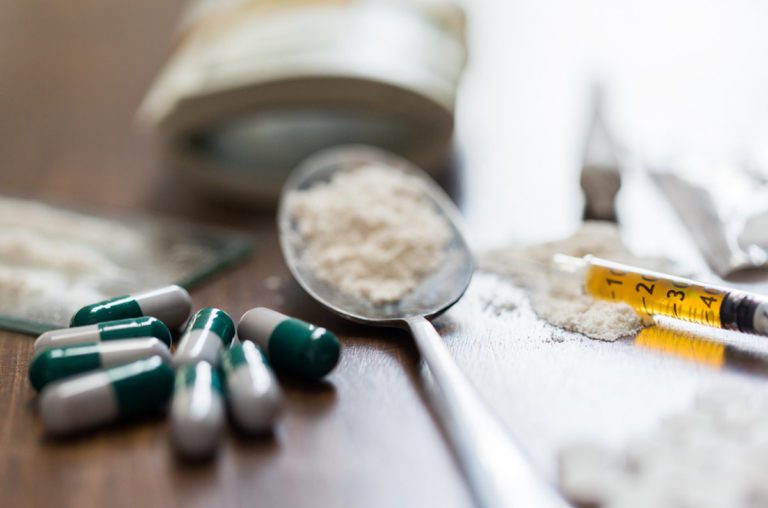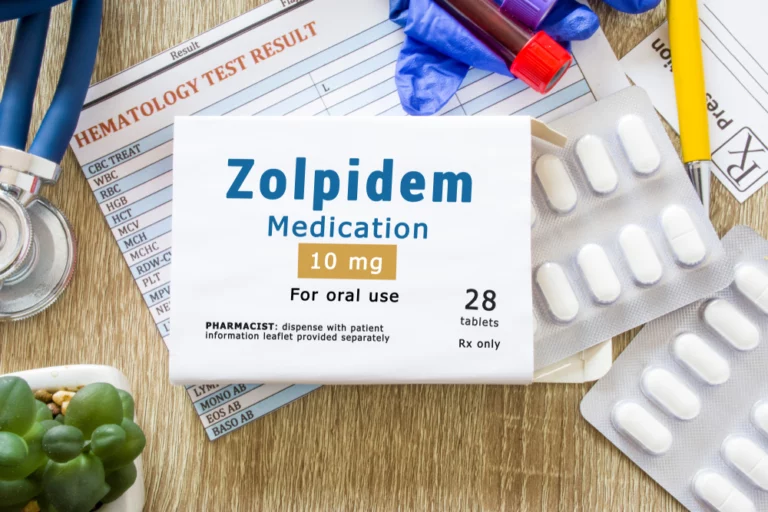How to Get Sober in Asheville: 14 Tips
How to get sober in Asheville, North Carolina. This beautiful mountain town has long been a healing destination—dating back to the early 1900s! In the past century, not much has changed. Many people flock to this part of the Blue Ridge mountains to heal, recuperate, and improve their emotional, mental, and physical well-being. If you or a loved one is looking for ways to get or stay sober, Asheville is the place to be.
In this article, we will discuss the many things to do that will support your sobriety and keep you on track to leading a healthy, fulfilling life drug and alcohol-free.
How to Get Sober in Asheville
Recognize the Problem
As you have probably heard in the past, the first step to getting better is to realize that you need help. Before a person can start their journey to sobriety, they need to be aware that there is an issue with their drinking or drug use and accept it. This is not always easy, as many people will deny that they have lost control of their substance consumption. Nonetheless, there are some tests and criteria in the Diagnostic and Statistical Manual of Mental Disorders that can be used to help identify if someone has a substance abuse disorder.

Get Professional Help
According to the National Institute on Drug Abuse, not one single treatment is suitable for everyone who is recovering from substance abuse. It is therefore essential to make sure that a treatment program is tailored to the person’s specific needs. Various aspects must be taken into account when making this decision, such as the qualifications of the program itself, and the individual’s degree of substance addiction and eagerness to change.
Complete Withdrawal
Detoxing is widely thought to be the most difficult stage of recovery. Symptoms of withdrawal can be very difficult to cope with, and it may seem impossible to resist the temptation to use the substance again. Nonetheless, having a plan and being aware of the resources accessible to you can help you to work through the process and eventually reach sobriety. Detoxification occurs when the body is expelling a drug from the system. As the body has become accustomed to having it, it will often negatively respond to its absence. Medically-assisted detox can assist in making the withdrawal period more comfortable and decrease the risks created by the signs of withdrawal.
Identify Triggers
Following a successful recovery from a substance use disorder, you should be aware of the amount of effort you invested in achieving sobriety and do whatever is necessary to prevent a relapse. A key component of this is recognizing your external triggers which are persons, places, items, or circumstances that evoke substance-related wishes or cravings, as well as your internal triggers such as sentiments, reflections, or emotions regarding substance use. Once you identify the highest risks, you can make a plan to avoid or manage them.
Develop Healthy Relationships
After becoming sober, you may have realized that some of your past friendships and connections were not only unhealthy but incredibly detrimental. It is not merely your drinking friends and narcotics sellers who can get you into difficulty, occasionally even those closest to you can lead to a regression. Studies demonstrate that if you keep up these sorts of poisonous relationships, your odds of returning to your old ways are much higher. To stay away from relapse and keep sober, it is essential to form and nurture healthy relationships.
Join a Support Group
If you are having trouble finding people that don’t use alcohol or drugs, consider signing up for a support group. Additionally, spending quality time with family and friends who are understanding and supportive, as well as orchestrating activities that involve your whole family, can assist you with establishing a healthier lifestyle, and steer clear of conditions that may lead to substance abuse.

Attend Therapy
It is critical to get assistance from a psychological counselor. A mental health specialist can assist you in managing some of the struggles you may confront on your course to sobriety. A therapist can help you learn new strategies for dealing with situations, form new ways of thinking, and confront any mental health issues that may complicate the process of recovery.
Establish Structure
If your daily life is in disarray, it can impede your progress in recovery. It is vital to create a structured daily and weekly plan and stay with it. This routine will assist you in accomplishing other objectives in your life, from minor goals (such as going to work on time) to long-term aspirations (like going back to school and altering careers). Keeping sober is essential, but striving for and achieving other ambitions can help you keep that sobriety.
Be Physically Active
It may be beneficial to begin an exercise regimen as physical activity can stimulate endorphins in the brain, which can make one feel great. Alternatively, you could choose to volunteer your time to a beneficial organization, such as an animal shelter or children’s hospital. Whichever approach you take, engaging in different activities can lead to new acquaintances with similar interests.
Find a New Hobby
It is possible to have a good time without alcohol or drugs. For a long time, you might have associated your pleasure with substance use. Eliminating such substances from your life may appear to be like removing happiness from your life. Things may not seem exciting anymore – this is ordinary. What you need is to switch up your routine. Now is the ideal time to take the piano class you have been considering. Now is the time to go on a trip. Now is the time to join clubs, groups, the gym, or any other membership that captivates your attention. Doing the same things you used to do will likely prompt a craving to use.

Realize You Will Make Mistakes
The main aim of healing is to completely stop substance abuse. But this is hard to do, so it’s possible you’ll have a bad day and make a mistake. Don’t be too hard on yourself or use more drugs or alcohol because of it. Instead, recommit to your recovery. This isn’t justification for relapsing, even though it happens to the most determined people. If you slip, let it show you where you don’t want to be. Once the initial elation from using wears off, you may feel remorseful. Take that emotion and use it to focus on your sobriety.
Help Others
Not sure how to use your free time now that you’ve stopped using? Consider using it to share your knowledge about sobriety with other people. In addition, doing volunteer work can be a very beneficial part of your recovery journey. Assisting others will increase your self-esteem and also build a stronger sense of community. Furthermore, it will give you a sense of pride and help you to develop the confidence you need to handle your recovery, and remember that recovery is a gradual process, so don’t expect to see results right away.
Indulge in Alcohol Alternatives
It can be awkward to attend a family gathering or hang out with friends when alcohol is being served and you do not wish to partake. People may not understand that you are intent on staying sober and you may feel uncomfortable declining their offer to drink. Non-alcoholic options, such as non-alcoholic beer or mocktails, are an ideal solution for these occasions. You don’t have to explicitly explain why you’re not drinking and you can still hold an appealing beverage in your hand. Similarly, many people appreciate the taste of beer even if they don’t drink alcohol. Non-alcoholic beer and cocktails are the perfect way to enjoy your time without compromising your sobriety.
Join an Aftercare Program
You should feel proud of yourself for making the decision to quit, but sobriety is a lifelong journey. If you were/are part of a treatment center, check whether they provide an aftercare program. The dictionary defines aftercare as providing “ongoing care and attention”. An aftercare plan involves activities, interventions, and resources that can help an individual dealing with addiction when the treatment is finished.
Every person will have different requirements for their aftercare plan. Establishing an aftercare plan during the initial stages of healing can assist in avoiding relapse by offering you assistance and allowing you to focus on problems related to your addiction. When you feel secure in your sobriety, you can begin to lend a hand to those who are just beginning their recovery journey.

Get Sober at Oasis Recovery in Asheville, NC
At Oasis Recovery Center, we approach patients with a personalized recovery plan. Our medical and clinical team assesses each individual when they first arrive to design a plan specifically tailored to their wants and needs. Recovering from an addiction can be a challenge, but it is possible with our support. We are dedicated to helping you or your loved one achieve and maintain a healthy, sober life.
Reach out to us as soon as possible to understand more about the different treatments and services we offer. You don’t have to go through the difficulty of being addicted alone. We’re in this together.









